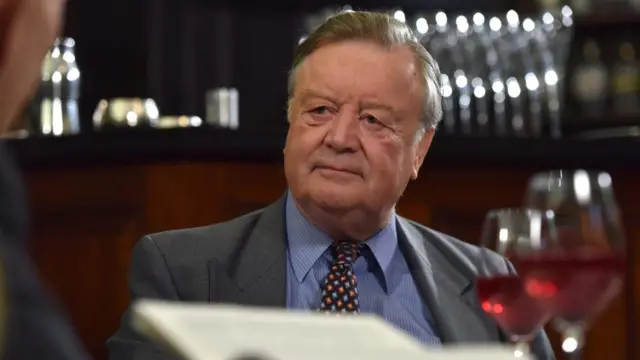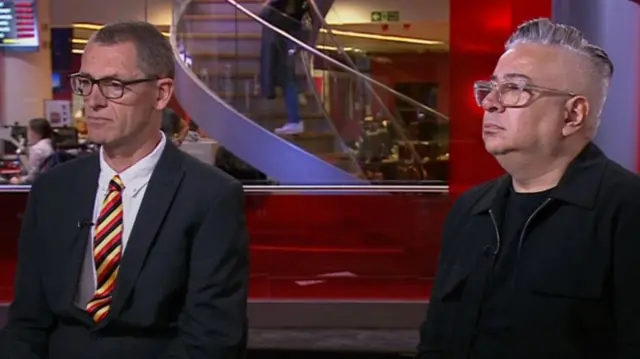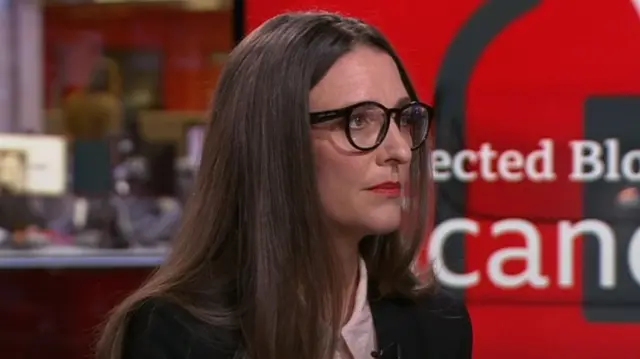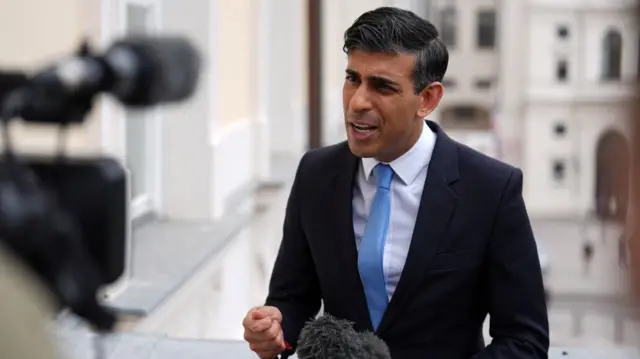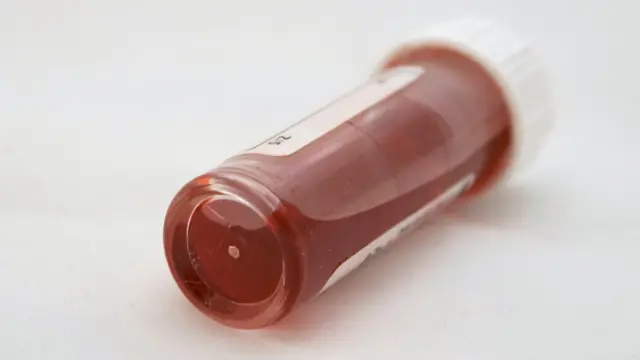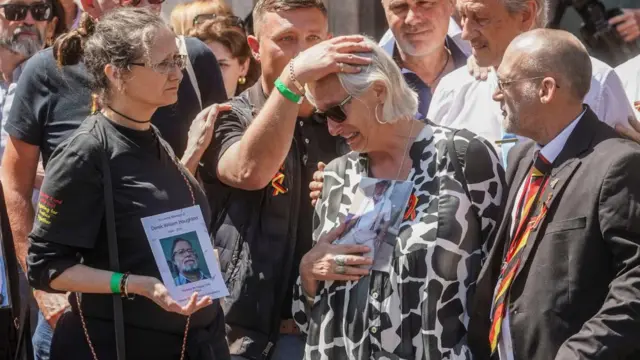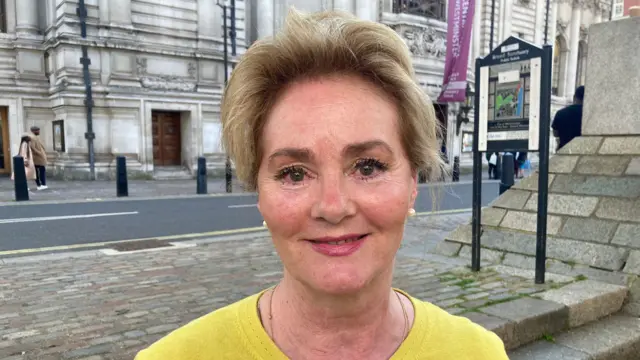Hepatitis C health line had 20,000 calls after BBC interviewpublished at 11:59 BST 21 May 2024
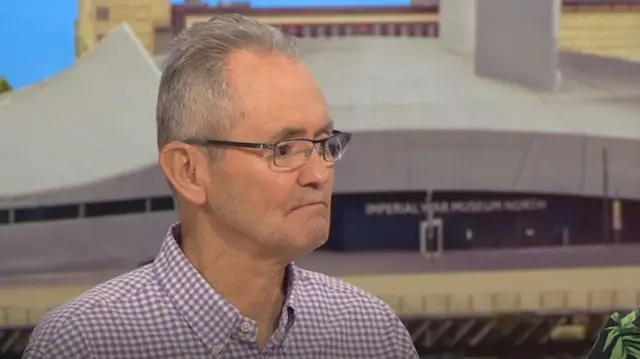
A volunteer for the charity Hepatitis C Trust has said its helpline received more than 2,000 calls within an hour of speaking to BBC Breakfast.
Returning to the programme more than a week later, Robert Ellinor explained earlier that 2,000 requests is "normal for one month in the NHS" and that by now the charity have had more than 20,000.
"We've had huge numbers of calls, trying to take care of people and their emotions and their emotional wellbeing."
He was infected with hepatitis C in 1973 and explained that his work on the health line is his way of "dealing with it".
